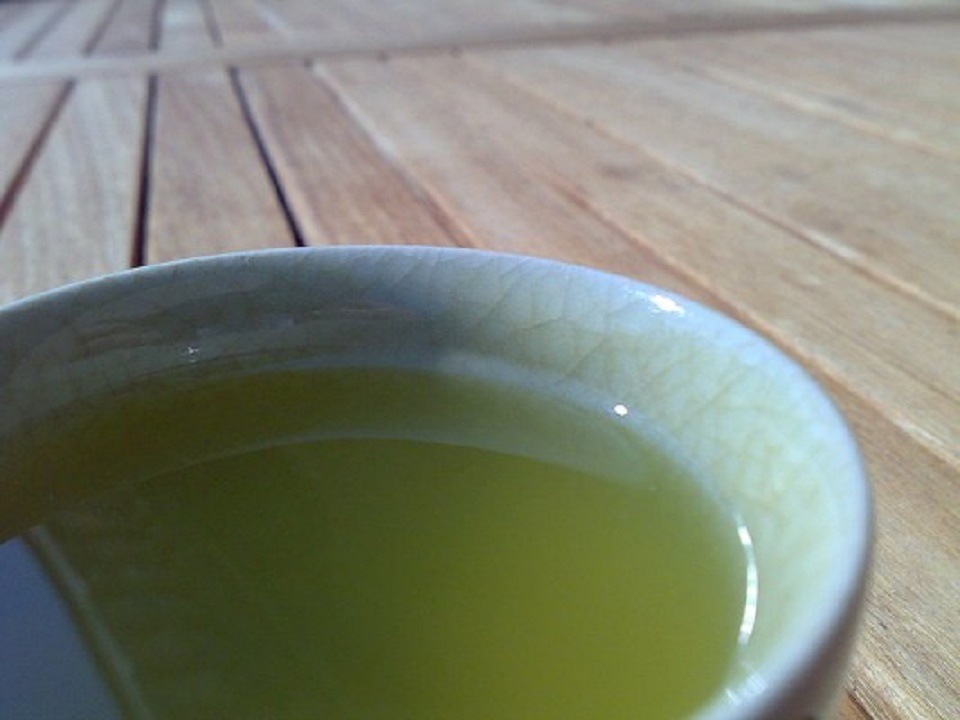
Foods that are rich in the antioxidant epicatechin, that has has been previously identified as beneficial in many ways. In this study on rats, it was found that epicatechin improved memory and especially in combination with exercise. The researchers noted that Epicatechin accelerated the growth of blood vessels and nerve cells in the brain.
Epicatechin occurs naturally in chocolate, green tea, grapes, many berries, apples, white tea and green tea.
Abstract
Diet and exercise have a profound impact on brain function. In particular, natural nutrients found in plants may influence neuronal survival and plasticity. Here, we tested whether consumption of a plant-derived flavanol, (−)epicatechin, enhances cognition in sedentary or wheel-running female C57BL/6 mice. Retention of spatial memory in the water maze was enhanced by ingestion of (−)epicatechin, especially in combination with exercise. Improved spatial memory was associated with increased angiogenesis and neuronal spine density, but not newborn cell survival, in the dentate gyrus of the hippocampus. Moreover, microarray analysis showed upregulation of genes associated with learning and downregulation of markers of neurodegeneration in the hippocampus. Together, our data show that ingestion of a single flavanol improves spatial memory retention in adult mammals.
_______________
Plant-Derived Flavanol (−)Epicatechin Enhances Angiogenesis and Retention of Spatial Memory in Mice
______________________________






















